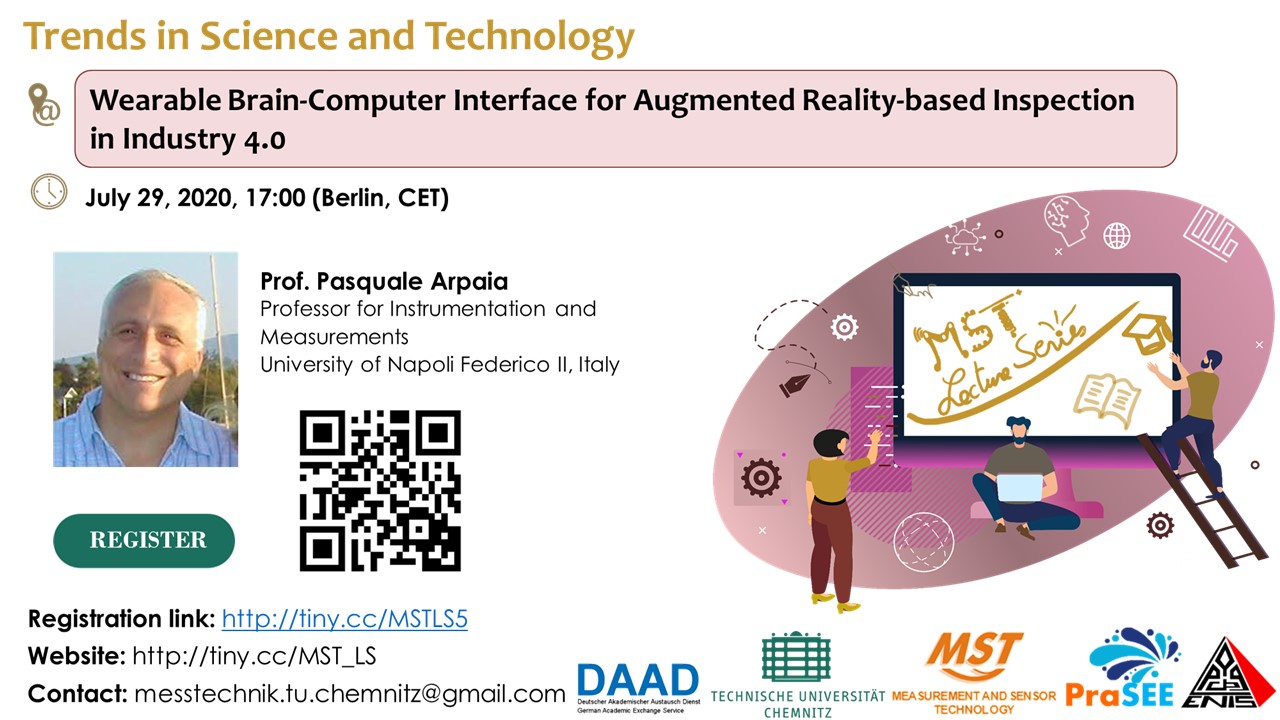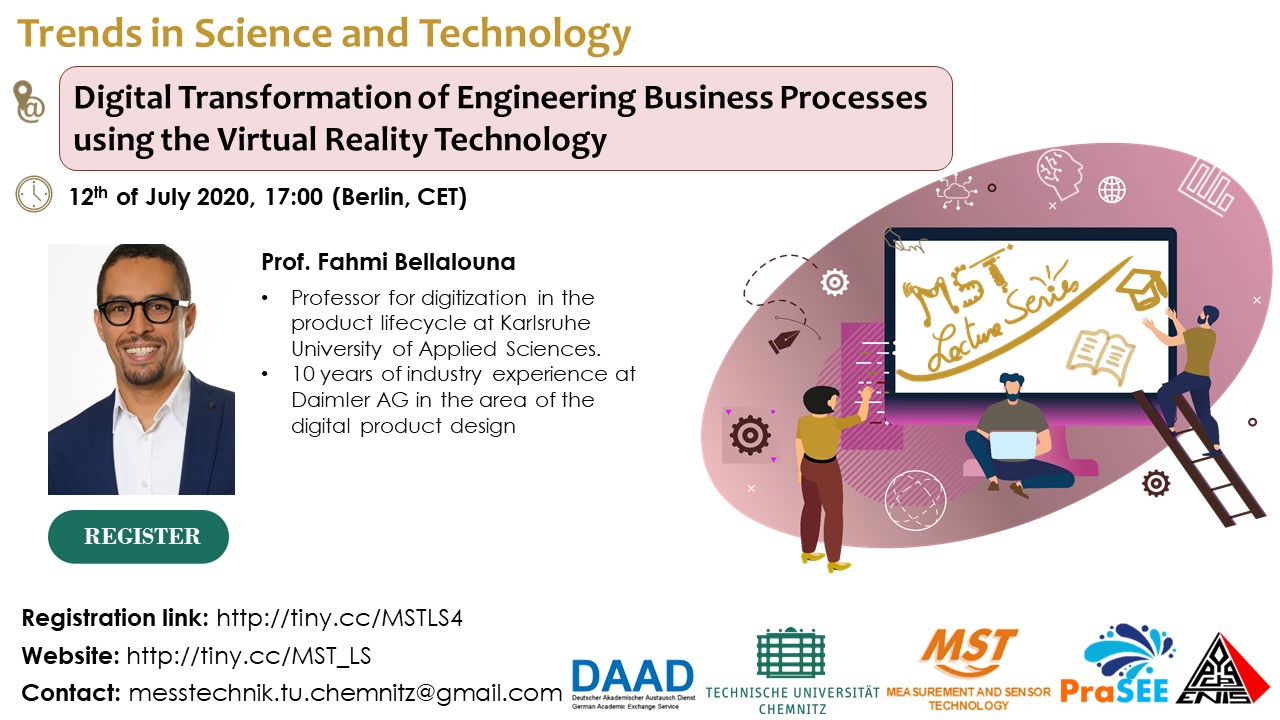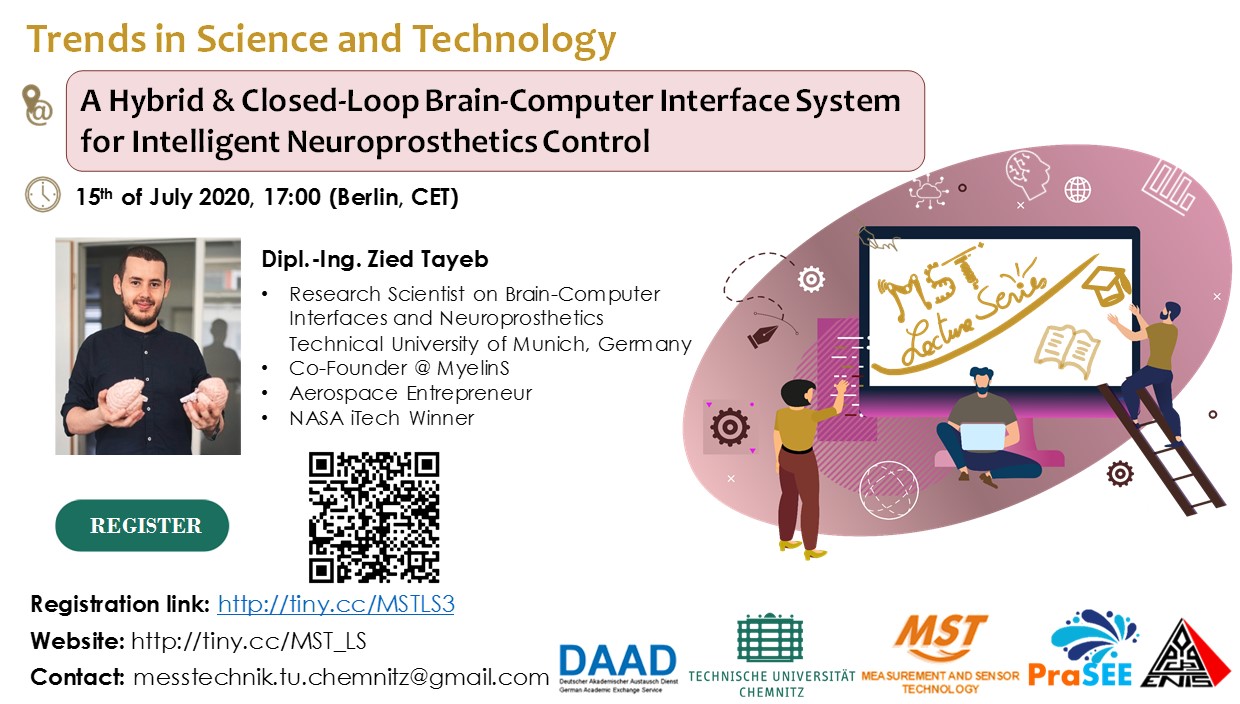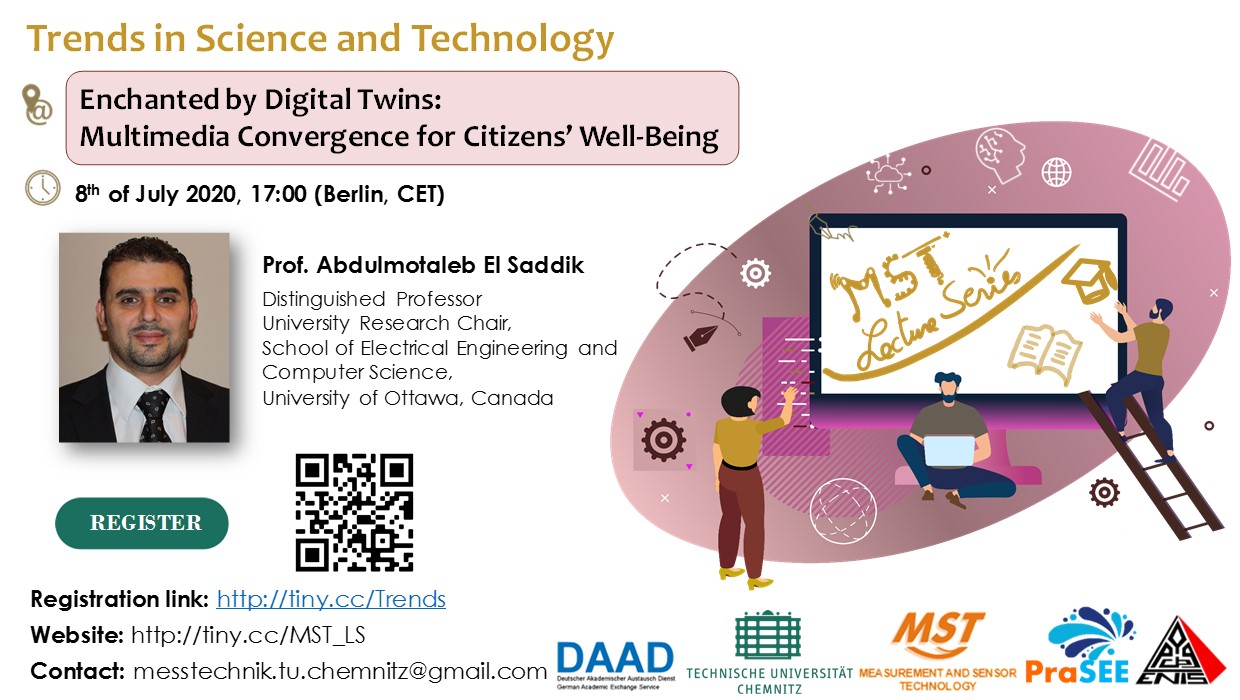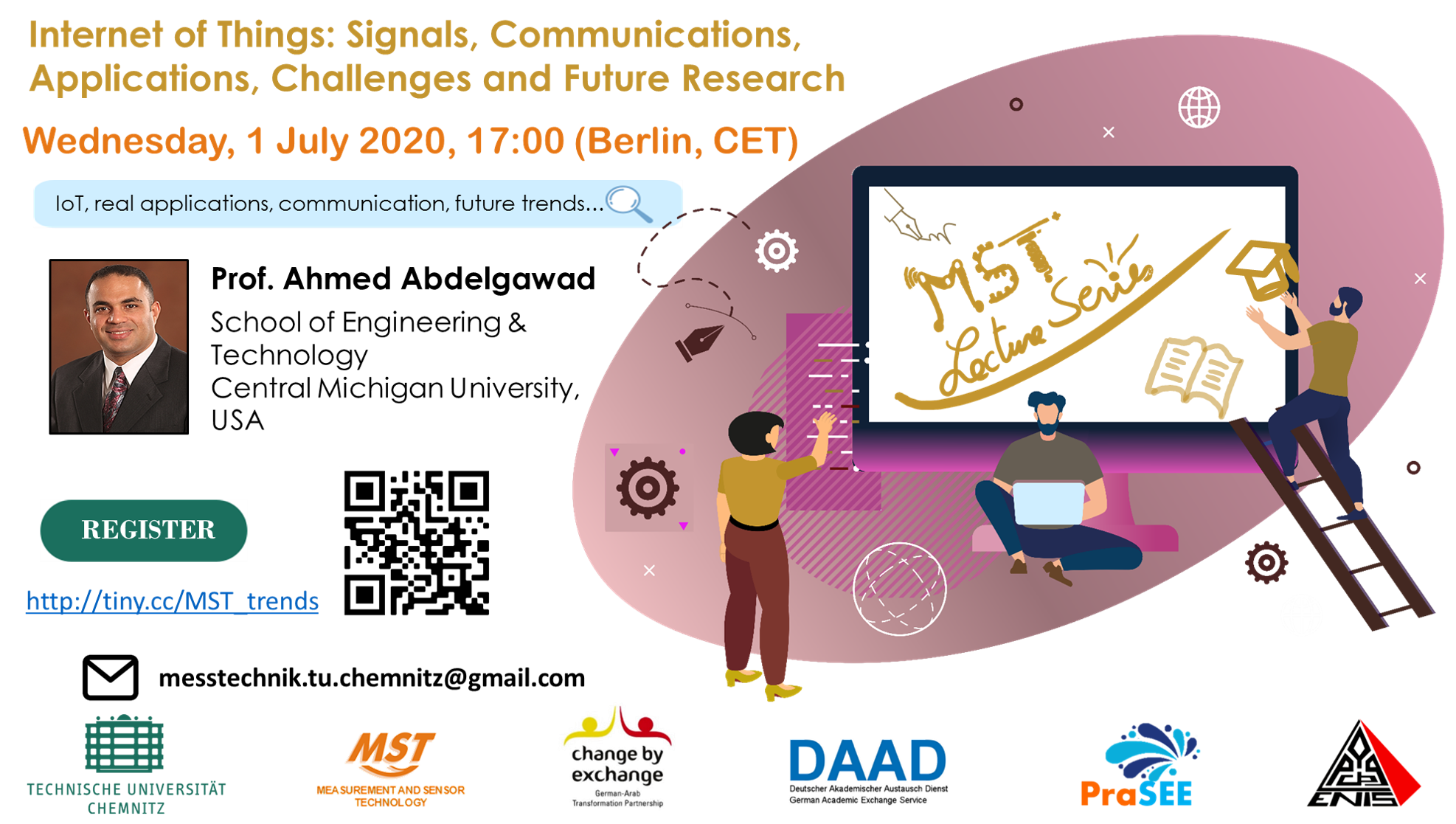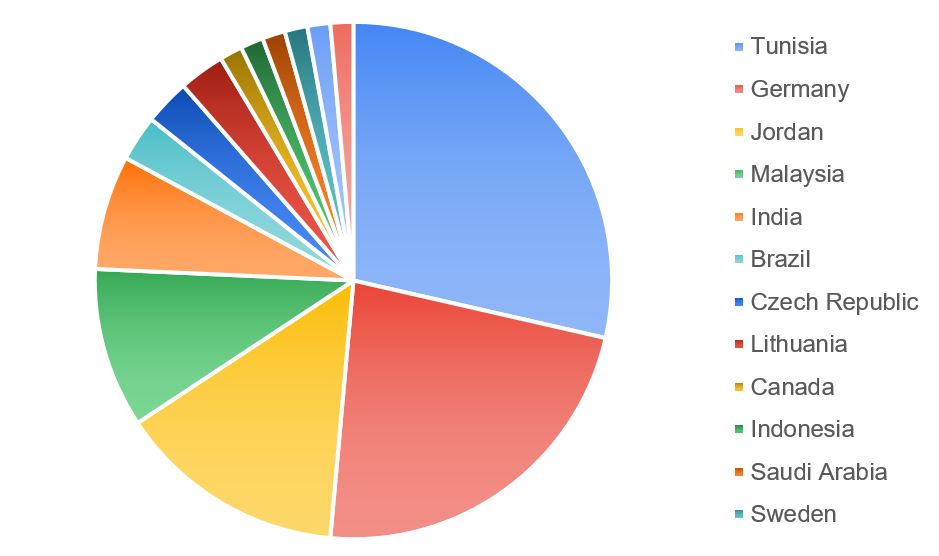MST Lecture Series - Trends in Science and Technology
This track of the MST Lecture Series addresses the actual trends in science and technology in different technological sectors. Inspiring prominent scientists provide in form of webinars an overview on recent advances and project to the future developments.
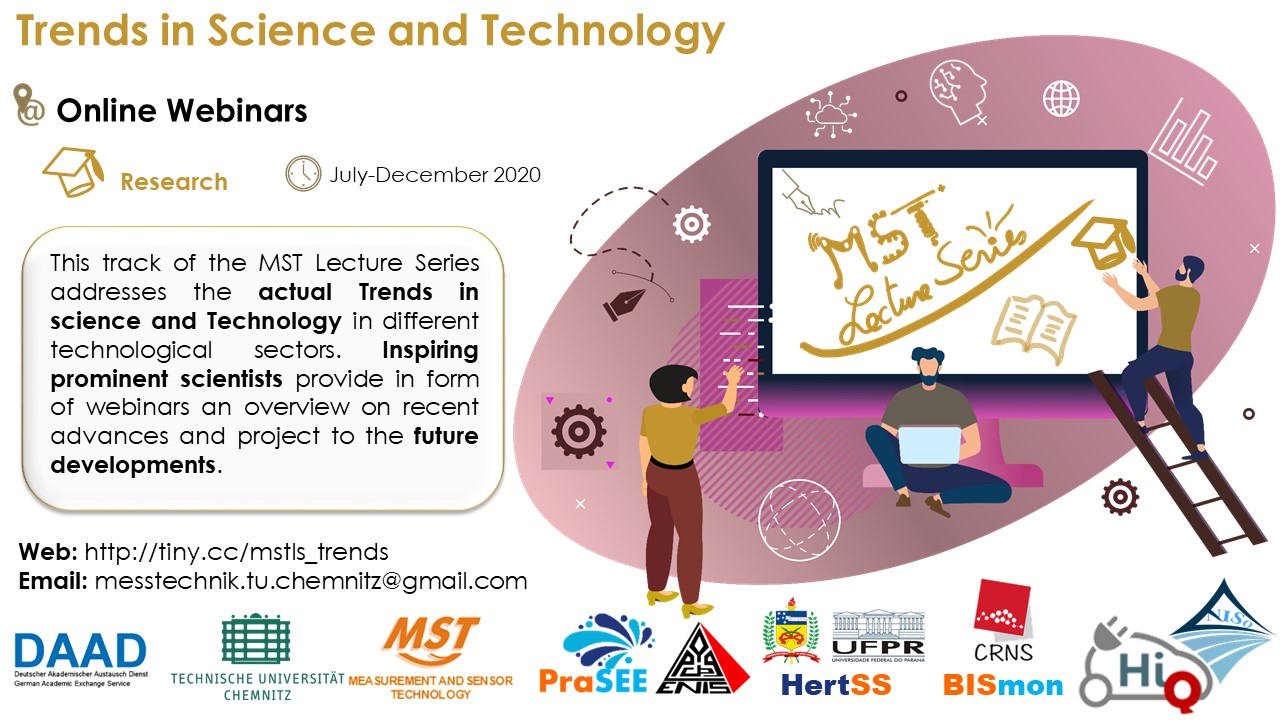 |
|
Webinar, 5th of August 2020, 17:00 (Berlin CET) organized within the activities of the DAAD project PraSEE
How do Emerging Technologies like Cobots, RFID, Augmented Reality & Digital Twin drive the Digitalization Paradigm under Industry 4.0Internet of things (IOT) has been emerging as the next big thing in Internet. It is envisioned that billions of physical things or objects will be outfitted with various kinds of sensors & actuators interconnected via a heterogeneous network enabled by technologies such as RFID & embedded sensors (environmental, wearable & implantable). In the context of industrial landscape, enabling technologies like RFID, sensors & actuators are bridging the gap between digital and physical world of manufacturing. Loosely being termed as the next industrial revolution, systems are being connected intelligently within the entire value chain and support activities of manufacturing; the new face being known as “ Industry 4.0”. Industry 4.0 is the evolution to cyber-physical systems, representing the fourth industrial revolution on the road to an end-to-end value chain with industrial IOT & decentralized intelligence in manufacturing, preventive maintenance, production, logistics & industry. Over the next decade, Industry 4.0 is expected to add $14.2 trillion to the world economy. Industry 4.0 refers to the Industrial Internet of things, where products and services connect, collect data, communicate with users and offer additional services. The talk will spread light on recent advances in IOT & industry 4.0 with focus on industrial case studies and future research trends in this area. |
|
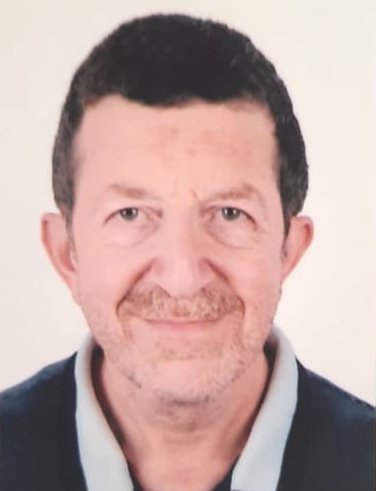 |
Dr. Wasim Raad joined King Fahd University Petroleum Minerals, computer Eng. Dept. 1986, where he is working as a lecturer and researcher in the field of smart cards & RFID. He Obtained his PhD from University Bradford UK 2005 in embedded systems & signal processing. He acts as a consultant to a number of companies in the region, in addition to a number of workshops and tutorials on smart cards and RFID. In 2010, he established the first Smart Card & RFID university lab in the region to support student projects as well as conducting short courses for the industry in RFID/NFC. In the last two years he was involved in two funded projects: Implementing RFID in MIT joined project for renewable energy & hajj project for tracking pilgrimage. Recently coordinated & taught a short course on introduction to IOT & industry 4.0 to Saudi Aramco. |
|
Poster: |
|
Webinar, 29th of July 2020, 17:00 (Berlin CET) organized within the activities of the DAAD project PraSEE
Wearable Brain-Computer Interface for Augmented Reality-based Inspection in Industry 4.0In the last two decades, Augmented Reality (AR) has gained great interest in the technical-scientific community and much effort has been done to overcome its limitations in daily use. Main industrial operations where AR is applied are robotic inspections, training, diagnostics, assembly-disassembly, and repair. These operations usually require the user hands to be free from the AR device controller. Despite hands-held devices, such as tablets, smart glasses can guarantee handsfree operations with their high wearability, provided that their input does not require hands. The combination of AR with a Brain-Computer Interface (BCI) can provide the solution: BCI is capable of interpreting human intentions in robotic commands by measuring neuronal activity. In this talk, most interesting results of this technological research effort, as well as its further most recent developments, are reviewed. In particular, after a short survey on research at University of Naples Federico II in cooperation with CERN, the presentation focuses mainly on state-of-the-art research on a wearable system for robotic monitoring. AR glasses are integrated with a trainingless non-invasive single-channel BCI, for robotic inspection in the framework of Industry 4.0. Average accuracy is 90% at 1.0 s of latency. A case study at CERN, for robotic inspection in hazardous sites, is also reported. |
|
 |
Prof. Pasquale Arpaia took Master Degree and PhD in Electrical Engineering at University of Napoli Federico II (Italy), where he is full professor of Instrumentation and Measurements. He is also Team Manager at European Organization for Nuclear Research (CERN). He is Associate Editor of the Institute of Physics Journal of Instrumentation, Elsevier Journal Computer Standards & Interfaces, MDPI Instruments. In last years, he was scientific responsible of more than 30 awarded research projects in cooperation with industry, with related patents and international licenses, and funded 4 academic spin off companies. His main research interests include digital instrumentation and measurement techniques for particle accelerators, evolutionary diagnostics, distributed measurement systems, ADC modelling and testing. In these fields, he published several books, and about 280 scientific papers in journals and national and international conference proceedings. His PhD students were awarded in 2006 and 2010 at IEEE I2MTC, as well as in 2016 and 2012, 2018 at IMEKO TC-10 and World Conferences, respectively. |
|
More Details: |
|
Webinar, 22nd of July 2020, 17:00 (Berlin CET) organized within the activities of the DAAD project PraSEE
Digital Transformation of Engineering Business Processes
|
|
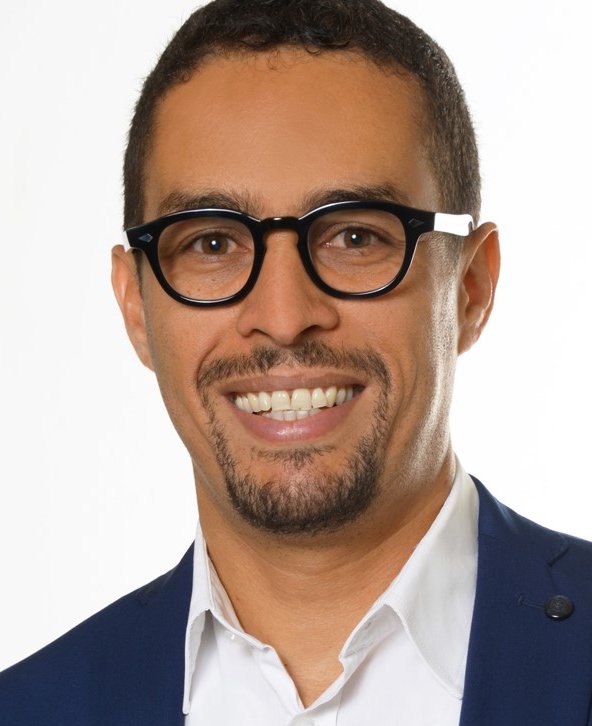 |
Prof. Fahmi Bellalouna studied mechanical engineering at the technical University Munich. He obtained his PhD degree in computer integrated mechanical engineering from the Ruhr University Bochum in 2009. He worked for automotive manufacturer Daimler AG in the area of the digital product design for more than 10 years. In 2015 he was appointed as a Professor for digitization in the product lifecycle at Karlsruhe University of Applied Sciences. |
|
Poster: |
|
Webinar, 15th of July 2020, 17:00 (Berlin CET) organized within the activities of the DAAD project PraSEE
A Hybrid & Closed-Loop Brain-Computer Interface System for Intelligent Neuroprosthetics ControlA neuroprosthesis is a device that has a direct interface with the nervous system and supplements or substitutes functionality in the patient’s body. Regarding the increasing consumer base of amputees, neuroprosthetic research has gained momentum over the last decades. However, current neuroprostheses still exhibit various drawbacks, such as low controllability and lack of sensory feedback, causing the absence of a sense of embodiment. More importantly, the phantom limb pain (PLP), which is ongoing painful sensations coming from the missing limb, seems to be a major problem in arm prostheses affecting more than 42% of the amputee population. Due to that, it is estimated that between 35 to 45% of amputees reject their arm prostheses. This humbling statistic perfectly reflects the current status of arm prostheses. If we listen carefully to what amputees would say en route to understanding what drives such a high rejection rate, we realize that improving prosthesis functionalities in the efferent path (feedforward control) and afferent path (sensory feedback) are the two main objectives actively investigated in this area of research. In this research, we focus on both sides of the equation (efferent and afferent), investigating, in different ways, how brain-computer interface (BCI) can be used to improve the feedforward control of assistive robotic devices (mainly arm prostheses), but also how BCI can help understand brain perception of different sensory stimuli using multiple sensory feedback modalities en route to enhancing the design of more dexterous sensory-enabled prostheses. As a long-term goal, this research envisions, by combining BCI and sensory feedback, to pave the way for alleviating the PLP problem in arm prostheses. |
|
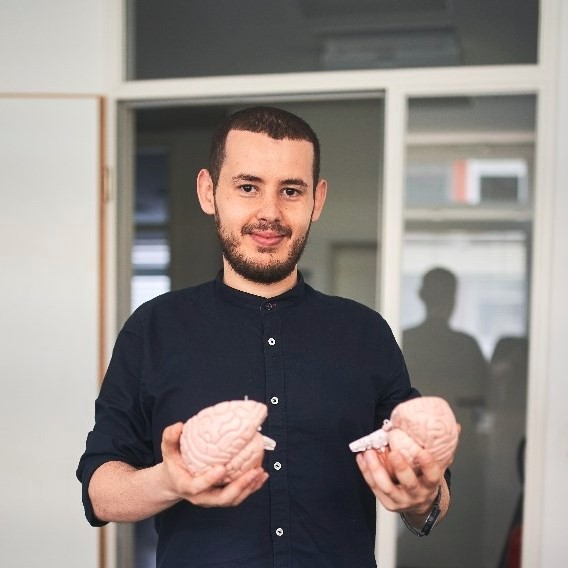 |
Zied Tayeb is a Research Scientist on Brain-Computer Interfaces and Neuroprosthetics at the Technical University of Munich (TUM) and a Space Entrepreneur. From 2016 to 2017, he was a full-time researcher in the Human Brain Project, a H2020 FET Flagship Project (https://www.humanbrainproject.eu/). He is a visiting researcher at the National University of Singapore (NUS) and was selected by the NASA as one of the top innovators for 2019. Zied’s research area is in neuroengineering and applied neuroscience, including brain-machine interfaces, rehabilitation robotics, and tactile sensing.
|
|
More Details: |
|
Webinar, 8th of July 2020, 17:00 (Berlin CET) organized within the activities of the DAAD project PraSEE
Enchanted by Digital Twins:
|
|
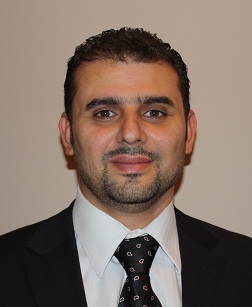 |
Prof. Abdulmotaleb El Saddik, is Distinguished Professor and University Research Chair in the School of Electrical Engineering and Computer Science at the University of Ottawa and the director of the Multimedia Communications research Laboratory and the Medical Devices Innovation Institute. He is a leading haptics expert, with global recognition for the development of new technologies for real-time multisensory-based identification of humans (biometrics), synchronization of haptics, audio and visual data and Quality of Experience models for multisensory environments. He received several international awards including the Friedrich Wilhelm Bessel Award from the German Humboldt Foundation and the IEEE Instrumentation and Measurement Society Technical Achievement Award. |
|
More Details: |
|
Webinar, 1st of July 2020, 17:00 (Berlin CET) organized within the activities of the DAAD project PraSEE
Using Internet of Things (IoT) to Fight Covid-19The Internet of Things (IoT) has opened up a world of opportunities and numerous applications in healthcare, from smart sensors to remote monitoring and smart medical devices integration that can collect invaluable additional data. IoT has the potential to not only keep patients safe and healthy, but give extra insight into symptoms, improve how physicians deliver care, enable remote care, and generally give patients more control over their treatment. IoT is one of the latest technologies that will change our lifestyle in the coming years. This talk aims to give a comprehensive introduction to IoT and how to use IoT to fight Covid-19. |
|
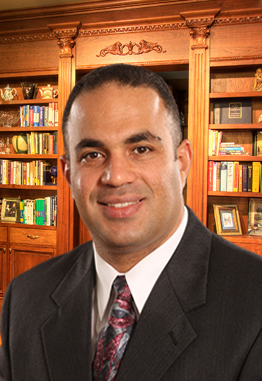 |
Dr. Ahmed Abdelgawad received his M.S. and a Ph.D. degree in Computer Engineering from University of Louisiana at Lafayette in 2007 and 2011 and subsequently joined IBM as a Design Aids & Automation Engineering Professional at Semiconductor Research and Development Center. In Fall 2012 he joined Central Michigan University as a Computer Engineering Assistant Professor. In Fall 2017, Dr. Abdelgawad was early promoted as a Computer Engineering Associate Professor. His area of expertise is distributed computing for Wireless Sensor Network (WSN), Internet of Things (IoT), Structural Health Monitoring (SHM), data fusion techniques for WSN, low power embedded system, video processing, digital signal processing, Robotics, RFID, Localization, VLSI, and FPGA design. He has published two books and more than 88 articles in related journals and conferences. |
|
|
|

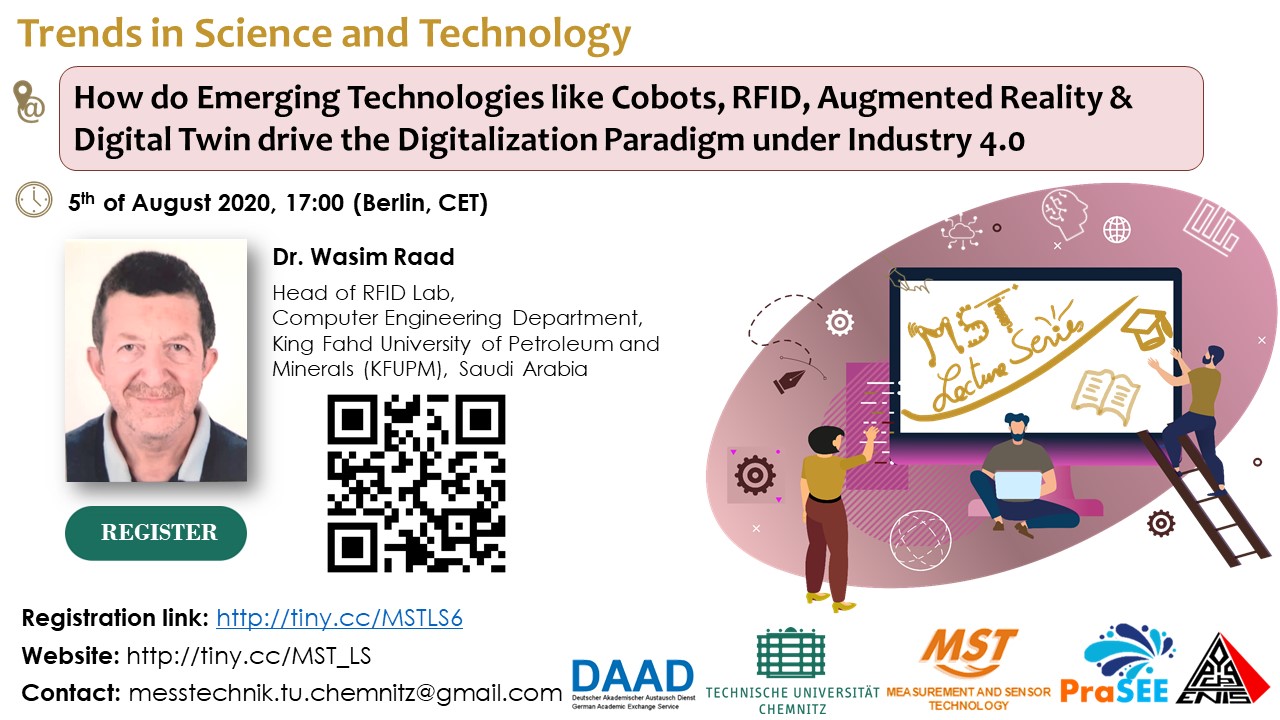
 Description
Description